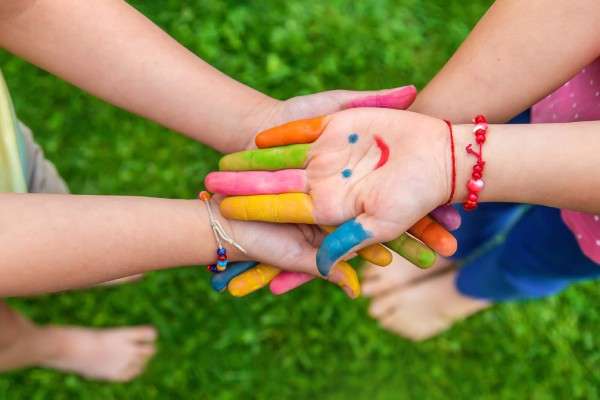
In a world often bustling with competition and urgency, teaching kindness to children may seem like an optional soft skill. However, it’s quite the opposite. Kindness, as it turns out, is a critical component of our social fabric and individual and collective well-being. This post is a heartwarming exploration of the importance of teaching children kindness and the sheer value of this necessary life lesson in today’s society.
The Academic and Social Ripple Effects of Kindness
The benefits of teaching children kindness are manifold. Kindness does not exist in isolation; it’s intricately interwoven with academic success and social prowess. When kindness is a deliberate act in the classroom, students can enjoy higher levels of emotional security, leading to better focus and, consequently, improved academic performance.
Socially, kindhearted kids have a higher likelihood of forming strong, lasting friendships and are typically the natural leaders in a group. This is a winning combination of attributes that pave the way for a successful future.
Weaving Kindness Into Child Development
The art of teaching kindness begins with leading by example. Parents and educators are the front line of kindness education, and they have the power to model the behaviors they wish to see in kids. Regular activities and routines such as sharing, saying “thank you,” and helping others are simple yet powerful ways to integrate kindness into daily life.
Storytelling and discussion around real-life examples can empower children with empathy, shaping them into kind individuals who deeply understand the needs and feelings of others. These strategies are not just for the classroom; they’re life lessons for kids everywhere, from the playground to the living room.
Nurturing Kindness in the Face of Challenges
Teaching kindness is not always a straightforward path. Common challenges like peer pressure or the desire for children to win at all costs can sometimes overshadow the lessons of empathy and compassion. But these obstacles are not insurmountable.
Vigilant and kindhearted parents and teachers can guide children through these moments and help them see the long-term value of acts of kindness. It’s about nurturing a mindset that celebrates the success of others and understands that true victory lies in the shared joy of a collective win. The importance of teaching children kindness extends beyond a small compliment or sharing a toy; it’s the social knitwork that creates a cohesive, happier, and healthier place to live for all.















